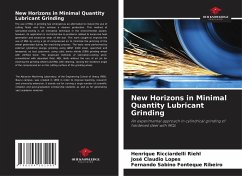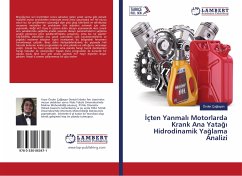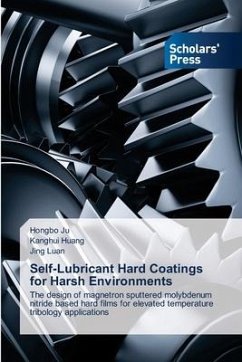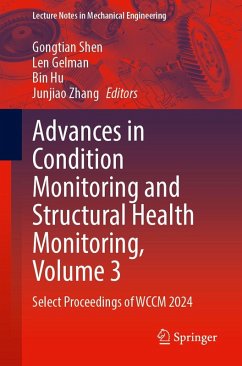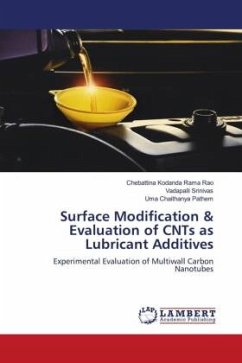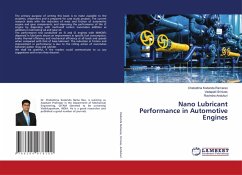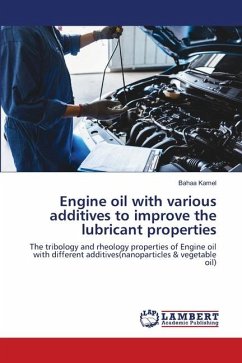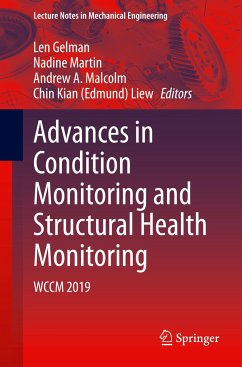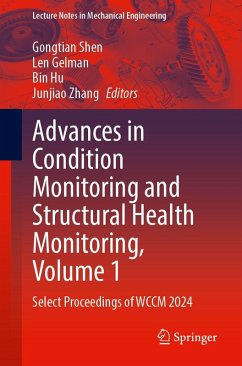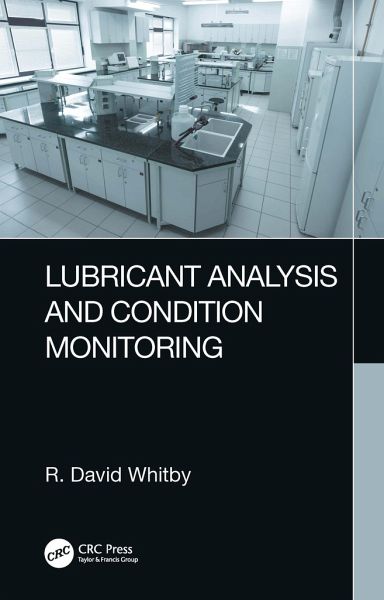
Lubricant Analysis and Condition Monitoring
Versandkostenfrei!
Versandfertig in 1-2 Wochen
169,99 €
inkl. MwSt.
Weitere Ausgaben:

PAYBACK Punkte
85 °P sammeln!
Almost all mechanical devices used in every industry require lubrication. Lubricant Analysis and Condition Monitoring explains the benefits of identifying, planning, implementing and using lubricant and machine condition monitoring programmes to extend the lifetimes of both lubricants and machines, to achieve maximum productivity and profitability while reducing impacts on waste and the environment. This book: Offers a comprehensive overview of all types of tests used in lubricant condition monitoring programmes Discusses monitoring the condition of all types of components, machines, equipment...
Almost all mechanical devices used in every industry require lubrication. Lubricant Analysis and Condition Monitoring explains the benefits of identifying, planning, implementing and using lubricant and machine condition monitoring programmes to extend the lifetimes of both lubricants and machines, to achieve maximum productivity and profitability while reducing impacts on waste and the environment. This book: Offers a comprehensive overview of all types of tests used in lubricant condition monitoring programmes Discusses monitoring the condition of all types of components, machines, equipment and systems used in all industries Considers new and emerging machines, equipment and systems, including electric and hybrid vehicles Suggests which tests to use for each type of machine, equipment or system and, just as importantly, which tests not to use Provides practical examples of how to set up, run and manage condition monitoring programmes and how to achieve significant cost savings through planned and predictive maintenance schedules Gathering vital information that users of lubricants need in one place, this book is of practical use to mechanical, maintenance, manufacturing and marine engineers as well as metallurgists, chemists and maintenance technicians.





